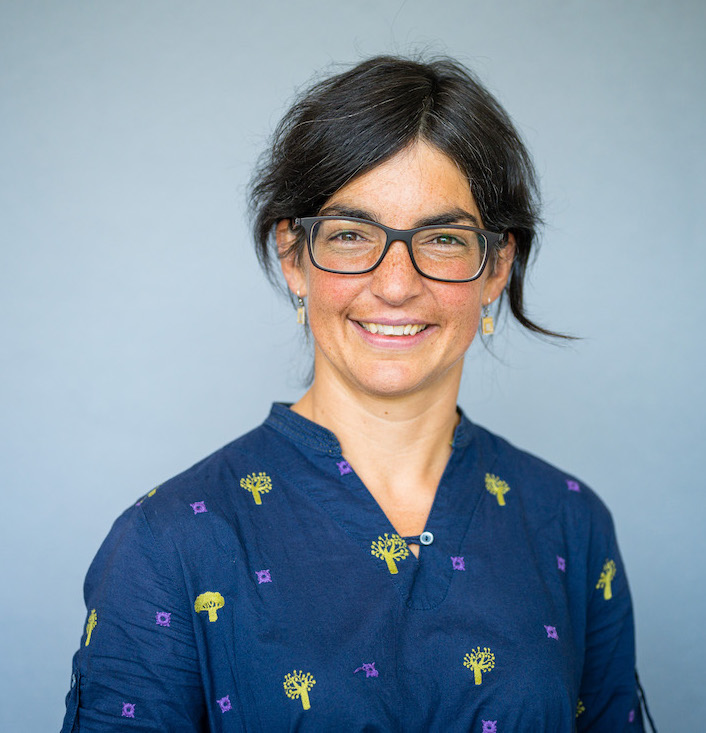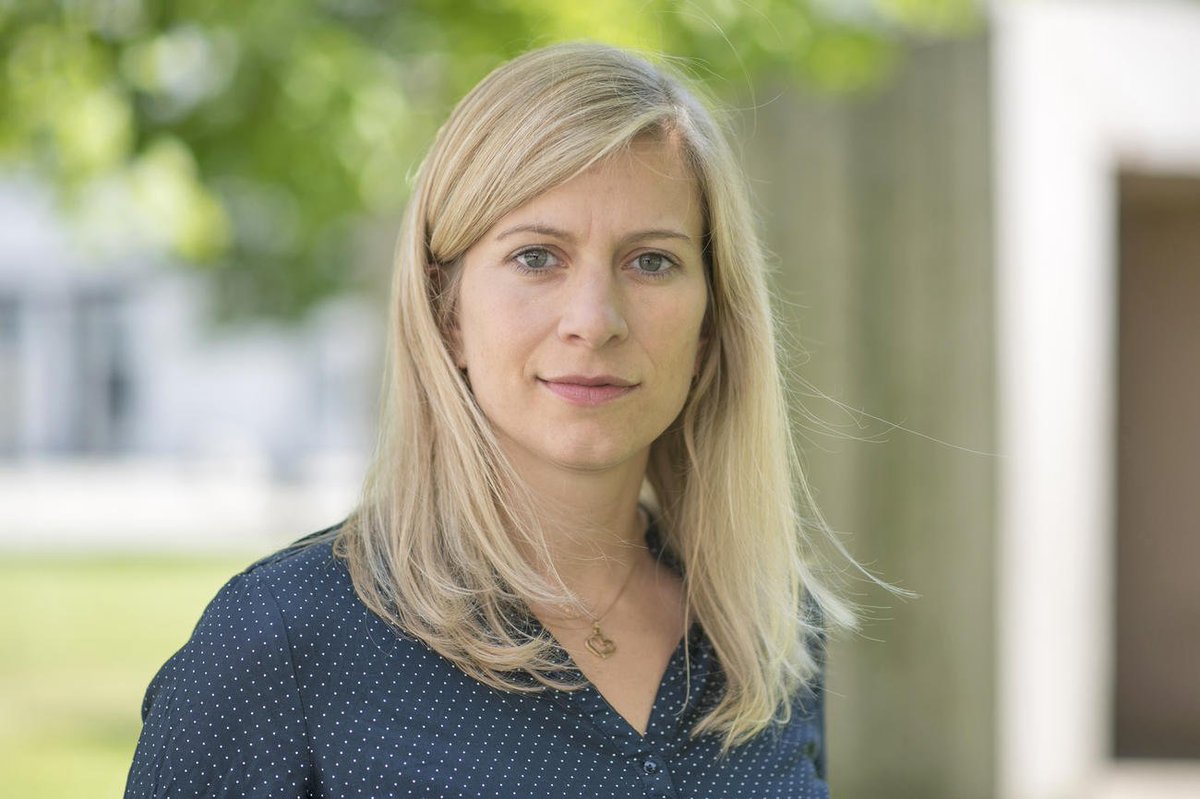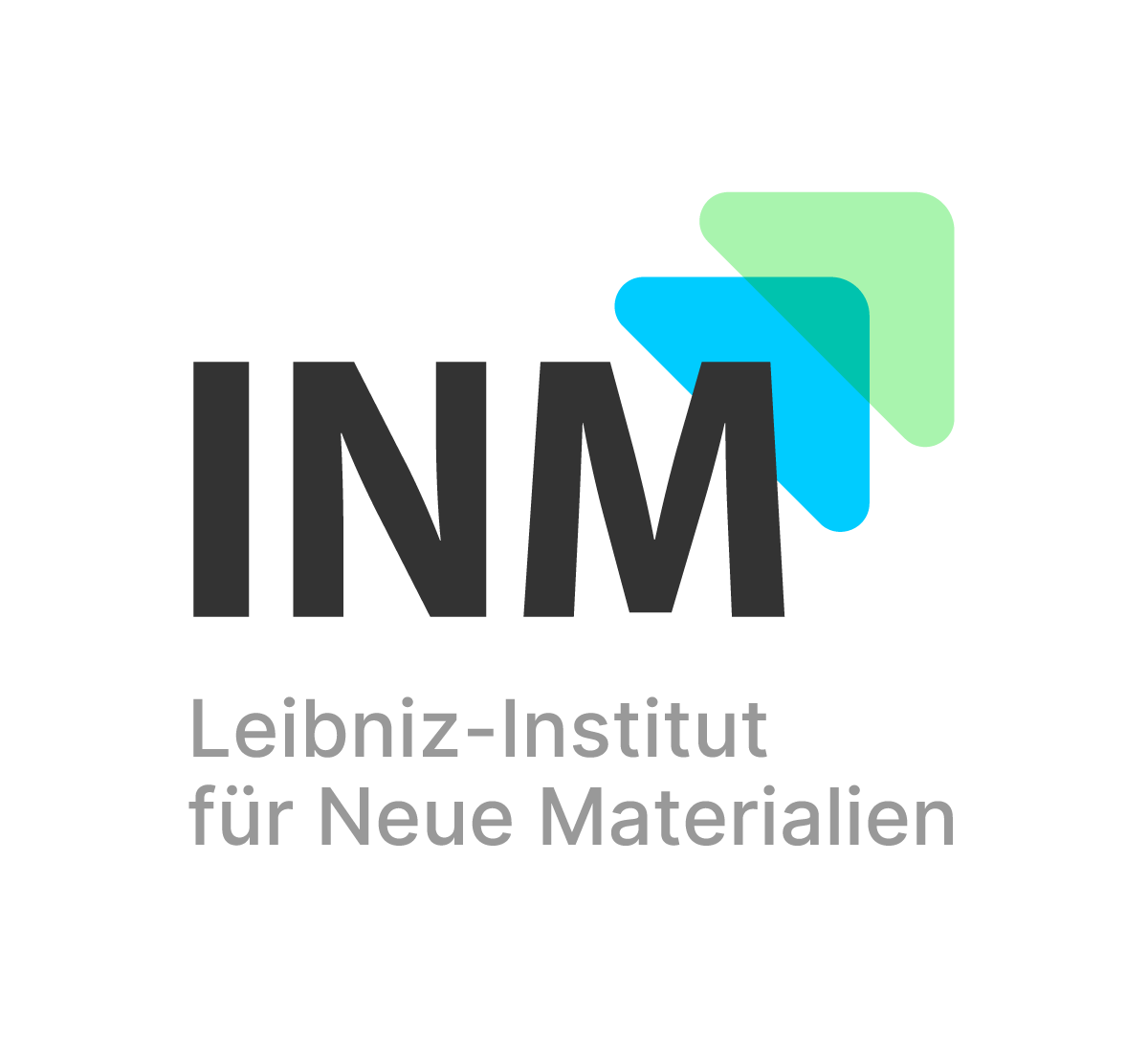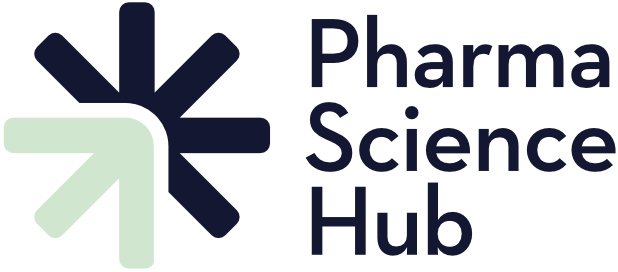Mit dem Clustervorhaben nextAID³ – Nächste Generation der Kl-getriebenen Wirkstoffentdeckung und -entwicklung bewirbt sich die Universität des Saarlandes im Rahmen der Exzellenzstrategie des Bundes und der Länder. Mit dem aus dem Forschungsschwerpunkt NanoBioMed gewachsenen Cluster sollen neue und innovative Wege einer KI-getriebenen Wirkstoffforschung und -entwicklung beschritten werden.
Diverse Krankheiten sowie Resistenzen gegen antimikrobielle Wirkstoffe stellen eine Bedrohung für die Gesundheit einer wachsenden und alternden Gesellschaft dar. Die Wirkstoffentwicklung ist teuer und zu langwierig, um die benötigten neuen Medikamente kurzfristig zur Verfügung zu stellen. In unserem Exzellenzcluster nextAID³ wollen wir die Grundlagen legen, um Wirkstoffe effizienter zu kombinieren, indem wir die hiesigen Fortschritte in Künstlichen Intelligenz (KI) und experimenteller Forschung auf neuartige Weise kombinieren.
Dieser synergistische Ansatz erschließt das Potenzial von drei wichtigen Forschungsbereichen, die der pharmazeutischen Industrie weniger Anreize bieten: neue Naturstoffe mit breiter biologischer Aktivität, neue Antiinfektiva zur Überwindung mikrobieller Resistenzen sowie unkonventionelle Targets als Basis für neuartige Wirkmechanismen. Wir nutzen dabei das Potenzial der KI zur Hit-Identifizierung und Multiparameter-Optimierung, um die Wirkstoffforschung von synthetischen Molekülen und Naturstoffen voranzutreiben. Ein optimierter Wirkstofftransport wird durch innovative Ansätze unterstützt.
In unserem jungen nextAID³-Konsortium betreiben wir interdisziplinäre Wirkstoffforschung. Wir bauen auf die sichtbare Stärke der UdS mit ihrem Universitätsklinikum und den außeruniversitären Forschungseinrichtungen. Das interdisziplinäre Forscherteam wird von den Professorinnen Anna Hirsch, Martina Sester und Andrea Volkamer geleitet. Es sind daran von universitärer Seite die pharmazeutische Forschung, die Informatikforschung sowie die biomedizinische Forschung an der Medizinischen Fakultät und dem Universitätsklinikum des Saarlandes beteiligt. Zudem wirken Wissenschaftlerinnen und Wissenschaftler des Helmholtz-Instituts für Pharmazeutische Forschung Saarland (HIPS), des Helmholtz-Zentrums für Informationssicherheit (CISPA), des Deutschen Forschungszentrums für Künstliche Intelligenz (DFKI) sowie des Leibniz-Instituts für Neue Materialien (INM) mit.
Unterstützt werden wir durch die vorhandene Forschungsinfrastruktur und den kürzlich gegründeten PharmaScienceHub, eine nachhaltige Kooperationsplattform in einem neuen Forschungsgebäude. Wesentliche strukturelle Ziele von nextAID³ sind die Vermittlung von interdisziplinären Kompetenzen für NachwuchsforscherInnen, die Gewährleistung von Gleichstellung und Diversität sowie die Schaffung transparenter, familienfreundlicher Karrierewege. Der Transfer neuer Technologien und Moleküle in die Industrie profitiert von einer ausgeprägten Kultur erfolgreicher Unternehmensgründungen an der UdS.
Sprecherinnen

Designierte Sprecherin
Anna Hirsch ist Professorin für Medizinische Chemie an der UdS und leitet die Abteilung für Wirkstoffdesign und Optimierung am Helmholtz Institut für Pharmazeutische Forschung Saarland (HIPS).
Die Hirsch-Gruppe verfolgt eine strukturbasierte rationale Designstrategie, bei der sie sich auf biologisch relevante, häufig wenig erforschte Enzyme, Transporter und Regulatoren aus Bakterien oder Parasiten konzentriert. Die Gruppe verwendet diverse biophysikalische Methoden, um Wechselwirkungen zwischen Substanzen und ihren Zielproteinen zu untersuchen, und setzt zahlreiche in vitro- und zellbasierte Assays zur Evaluierung neuartiger Anti-Infektiva ein. Basierend auf diesen Ergebnissen erfolgt die Multiparameter-Optimierung der Wirkstoffe.

Martina Sester ist Professorin für Transplantations- und Infektionsimmunologie und Abteilungsleiterin des Instituts für Infektionsmedizin an der Universität des Saarlandes.
Ihre Abteilung für Transplantations- und Infektionsimmunologie wurde im Jahre 2009 als interdisziplinäre Abteilung zur Verknüpfung grundlagenorientierter Fragestellungen mit patientennaher Forschung gegründet. Die wissenschaftlichen Schwerpunkte umfassen die Regulation zellulärer Immunantworten gegen klinisch relevante Erreger sowie gegen Spendergewebe nach Organtransplantation. Ein weiterer Fokus liegt auf dem Monitoring infektiöser Komplikationen unter Immunsuppression und auf der Quantifizierung der Wirkstärke von Immunsuppressiva.

Andrea Volkamer ist Professorin für „Data Driven Drug Design“ an der Universität des Saarlandes sowie assoziierte Wissenschaftlerin am Helmholtz Institut für Pharmazeutische Forschung Saarland (HIPS).
Der Forschungsschwerpunkt von Prof. Volkamer ist datengetriebenes Wirkstoffdesign mit Fokus auf Methodenentwicklung und -anwendung. Die Gruppe entwickelt Methoden an der Schnittstelle von struktureller Bioinformatik und Chemieinformatik mit besonderem Interesse an strukturbasierten maschinellen Lernansätzen, die im Kontext des computergestützten Wirkstoffdesigns, insbesondere der Kinaseforschung, und der in silico Toxikologie angewendet werden.
Beteiligte Institutionen
Die Universität des Saarlandes (UdS) ist eine mittelgroße Universität in Deutschland und Mitglied der Universitätsallianz UA11+. Als Volluniversität deckt sie ein breites inhaltliches Spektrum in Lehre und Forschung ab. Die Schwerpunkte Informatik, NanoBioMed und Europa bilden den Kern der exzellenten Forschung.
Der Forschungsschwerpunkt „NanoBioMed – Leben und Materie“ führt dabei Naturwissenschaften und Medizin zusammen. Im Mittelpunkt steht interdisziplinäre und innovative Forschung in den Bereichen Medizin, Pharmazie, Lebenswissenschaften, Biotechnologie, Informatik und Bioinformatik.
Die Fachrichtungen Biowissenschaften, Chemie, Informatik, Materialwissenschaft und Werkstofftechnik, Pharmazie, Physik, Systems Engineering sowie die klinische und theoretische Medizin arbeiten dabei eng mit den fakultätsübergreifenden Zentren für Human- und Molekularbiologie, Bioinformatik und Biophysik sowie mit verschiedenen außeruniversitären Forschungseinrichtungen zusammen.

Das CISPA Helmholtz-Zentrum für Informationssicherheit ist eine nationale Großforschungseinrichtung innerhalb der Helmholtz-Gemeinschaft. Das CISPA widmet sich hochmoderner Grundlagenforschung in Kombination mit innovativer anwendungsorientierter Forschung in Cybersicherheit, Privacy und Künstlicher Intelligenz.

Das Deutsche Forschungszentrum für Künstliche Intelligenz (DFKI) forscht an „KI für den Menschen“ und orientiert sich dabei an gesellschaftlicher Relevanz und wissenschaftlicher Exzellenz in den entscheidenden zukunftsorientierten Forschungs- und Anwendungsgebieten der KI.
Das DFKI ist überzeugt, dass KI-Techniken helfen, gesamtgesellschaftliche Herausforderungen wie den menschengemachten Klimawandel, soziale Ungerechtigkeiten und den Kampf gegen gefährliche Krankheiten erfolgreich anzugehen und setzt sich für diese Aufgaben mit großer Energie ein. Als das größte unabhängige Forschungszentrum für KI weltweit initiiert, realisiert und unterstützt es zahlreiche Aktivitäten, um verlässliche und vertrauenswürdige KI aus Deutschland und Europa im internationalen Wettbewerb ganz vorn zu platzieren.

Das Helmholtz-Institut für Pharmazeutische Forschung Saarland (HIPS) wurde 2009 als eines der ersten Helmholtz-Institute bundesweit durch das Helmholtz-Zentrum für Infektionsforschung (HZI) gemeinsam mit der Universität des Saarlandes gegründet.
Das am Saarbrücker Campus gelegene HIPS ist das erste Forschungsinstitut in Deutschland, welches sich explizit der pharmazeutischen Forschung widmet. Der Fokus liegt auf der Entwicklung neuer Antiinfektiva, sowie deren Anpassung auf die Anwendung am Menschen (translationale Forschung).

Das Leibniz Institute für Neue Materialien (INM) vereint multidisziplinäre Wissenschaft und materialorientierten Technologietransfer unter einem Dach. Chemie, Physik, Biologie, Materialwissenschaft und Engineering wirken in enger Kooperation auf hohem Niveau zusammen. Ein wesentlicher Fokus der Arbeit ist die Übertragung von biologischen Prinzipien auf das Design neuer Materialien, Strukturen und Oberflächen.
Die Ergebnisse finden Einsatzmöglichkeiten in biegsamen Displays und intelligenten Greifarmen, leistungsstarken Batterien und effizienten Solarzellen sowie Technologien für personalisierte Therapien und die regenerative Medizin.


